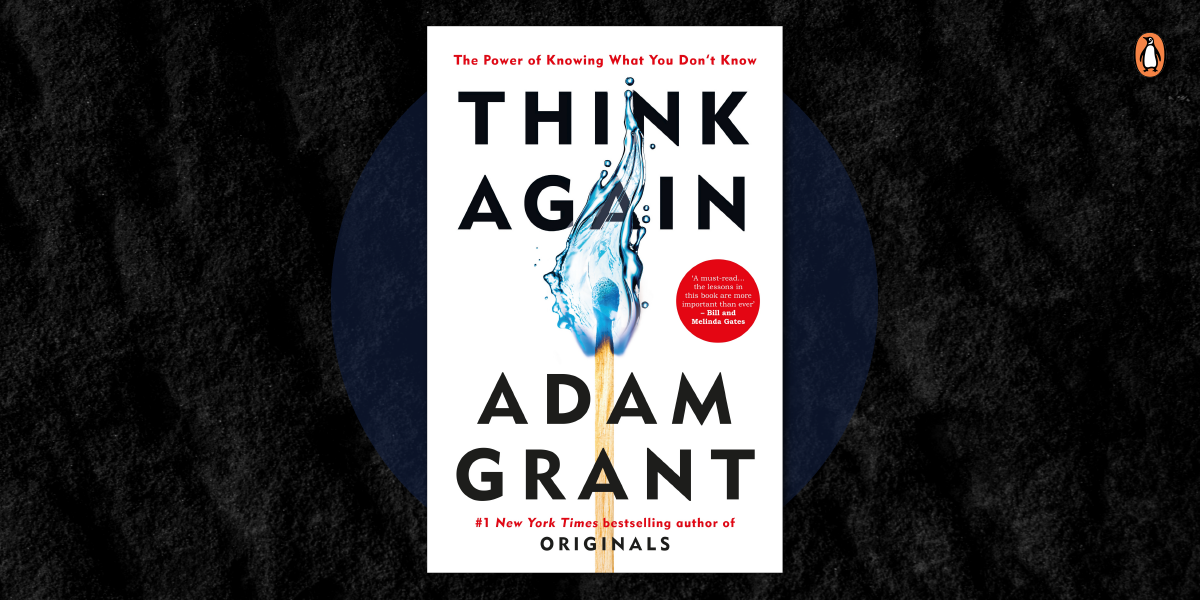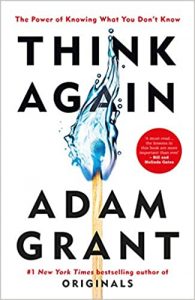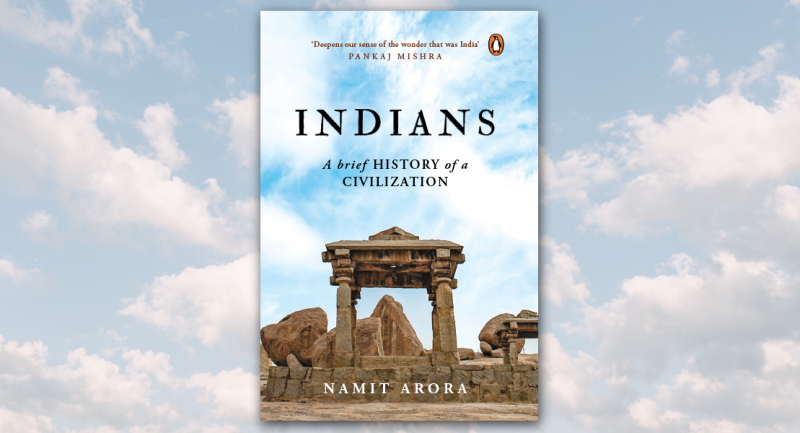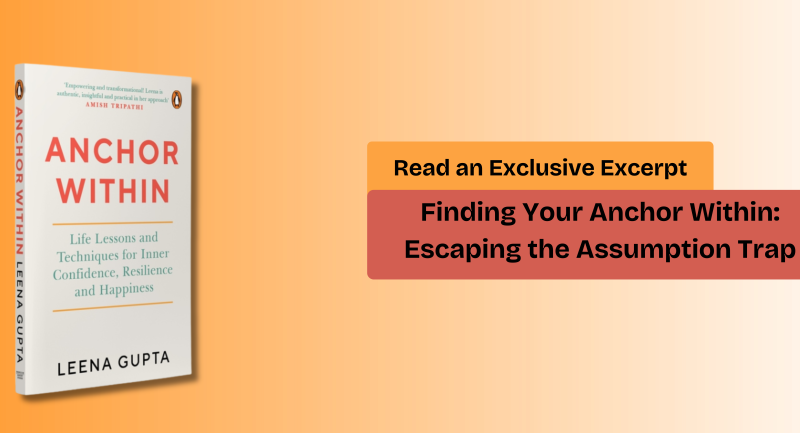
Intelligence is usually seen as the ability to think and learn, but in a rapidly changing world it might matter more that we can rethink and unlearn.
Organizational psychologist Adam Grant is an expert on opening other people’s minds and our own. Think Again invites us to let go of views that are no longer serving us well and prize mental flexibility, humility, and curiosity over foolish consistency. If knowledge is power, knowing what we don’t know is wisdom.
**
Mental horsepower doesn’t guarantee mental dexterity. No matter how much brainpower you have, if you lack the motivation to change your mind, you’ll miss many occasions to think again. Research reveals that the higher you score on an IQ test, the more likely you are to fall for stereotypes, because you’re faster at recognizing patterns. And recent experiments suggest that the smarter you are, the more you might struggle to update your beliefs.
One study investigated whether being a math whiz makes you better at analyzing data. The answer is yes—if you’re told the data are about something bland, like a treatment for skin rashes. But what if the exact same data are labeled as focusing on an ideological issue that activates strong emotions—like gun laws in the United States?
Being a quant jock makes you more accurate in interpreting the results—as long as they support your beliefs. Yet if the empirical pattern clashes with your ideology, math prowess is no longer an asset; it actually becomes a liability. The better you are at crunching numbers, the more spectacularly you fail at analyzing patterns that contradict your views. If they were liberals, math geniuses did worse than their peers at evaluating evidence that gun bans failed. If they were conservatives, they did worse at assessing evidence that gun bans worked.

Think Again
Adam Grant
In psychology there are at least two biases that drive this pattern. One is confirmation bias: seeing what we expect to see. The other is desirability bias: seeing what we want to see. These biases don’t just prevent us from applying our intelligence. They can actually contort our intelligence into a weapon against the truth. We find reasons to preach our faith more deeply, prosecute our case more passionately, and ride the tidal wave of our political party. The tragedy is that we’re usually unaware of the resulting flaws in our thinking.
My favorite bias is the “I’m not biased” bias, in which people believe they’re more objective than others. It turns out that smart people are more likely to fall into this trap. The brighter you are, the harder it can be to see your own limitations. Being good at thinking can make you worse at rethinking.
When we’re in scientist mode, we refuse to let our ideas become ideologies. We don’t start with answers or solutions; we lead with questions and puzzles. We don’t preach from intuition; we teach from evidence. We don’t just have healthy skepticism about other people’s arguments; we dare to disagree with our own arguments.
**
Discover how rethinking can lead to excellence at work and wisdom in life with Think Again.









